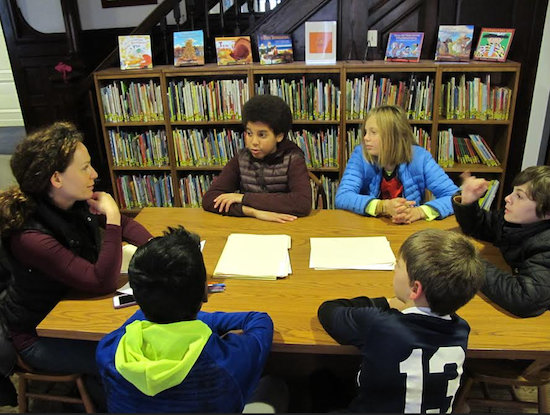Brooklyn children interview community members on gun views

The idea began with the kids.
Back in September, children in an educational program at the Brooklyn Society for Ethical Culture were re-writing constitutional amendments as part of an exercise. When trying to re-word the Second Amendment and thinking through different scenarios involving guns, they quickly found their opinions were at odds.
“I think everyone left that class feeling a little like our members of Congress,” said Lea Bender, the teacher who led the program. “A lot of time was spent debating, but ultimately we could not reach much consensus.”

Brooklyn Boro
View MoreNew York City’s most populous borough, Brooklyn, is home to nearly 2.6 million residents. If Brooklyn were an independent city it would be the fourth largest city in the United States. While Brooklyn has become the epitome of ‘cool and hip’ in recent years, for those that were born here, raised families here and improved communities over the years, Brooklyn has never been ‘uncool’.